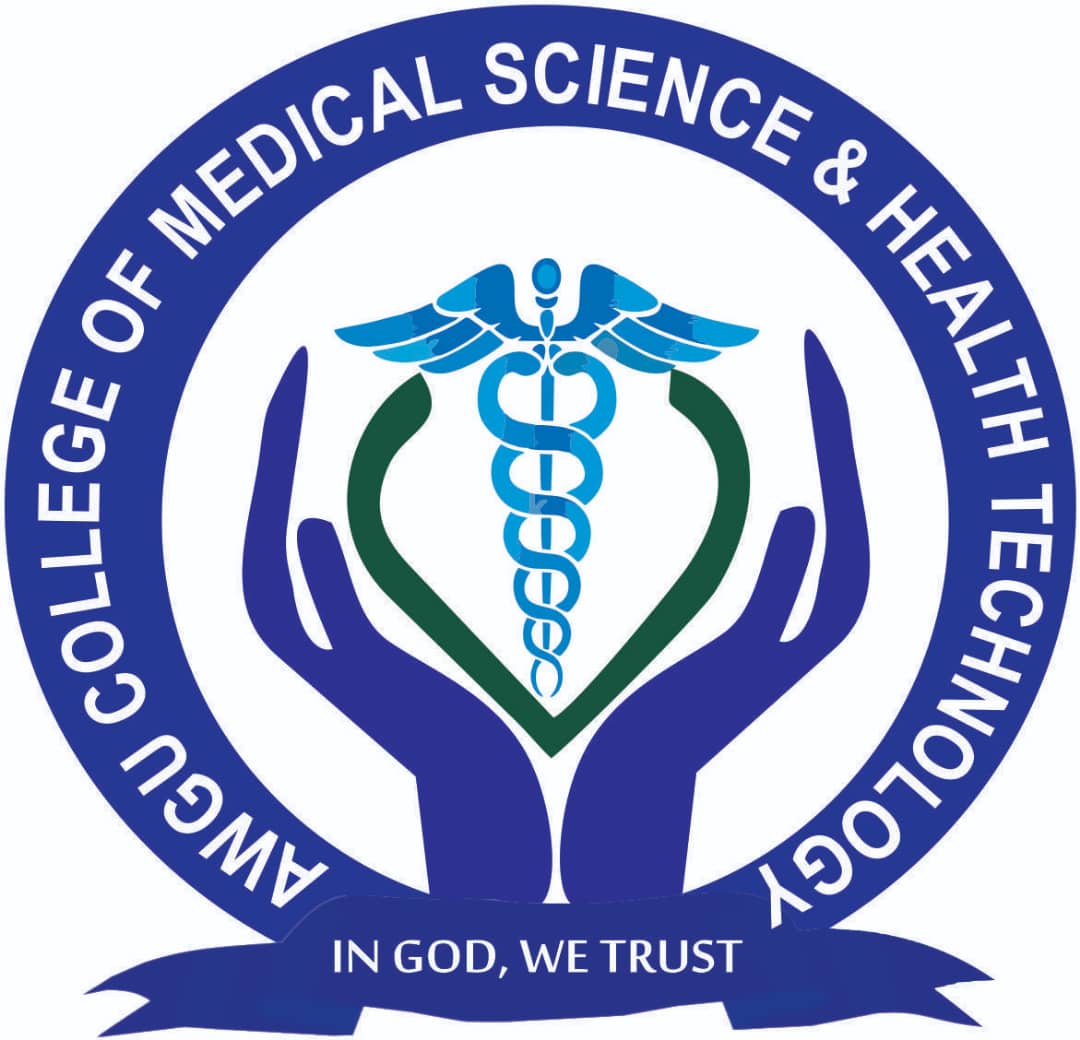Applications from Suitably qualified candidates for a National Diploma(NID) & Higher National Diploma(HND) in Paramedics and Emergency Medical Technology is ongoing, kindly fill out the form below to register.
In most countries, paramedics are required to work under the supervision of a physician or as part of a medical team. However, there are some exceptions and variations depending on the country, state, or region:
- Independent Paramedic Practice: In some countries like the UK, Australia, and Canada, paramedics can work independently in certain settings, such as:
- Community paramedicine programs
- Primary care clinics
- Urgent care centers
- Telemedicine services
- Extended Care Paramedics: Some paramedics receive additional training and certification to provide extended care services, such as:
- Advanced life support
- Minor procedures
- Medication administration
- Paramedic Practitioners: In some jurisdictions, paramedics can work as autonomous practitioners, like nurse practitioners or physician assistants, providing primary and urgent care services.
- Remote or Rural Practice: In some remote or rural areas, paramedics may work independently due to limited access to medical facilities or physicians.
It’s important to note that even when working independently, paramedics often have protocols and guidelines to follow, and they may still need to consult with a physician or other healthcare professionals for guidance or support. The specific scope of practice and autonomy for paramedics can vary significantly depending on the local regulations and healthcare systems.
Can Paramedics further become medical doctors?
The answer is yes, paramedics can become medical doctors. While paramedics and medical doctors have different roles and responsibilities, paramedics can pursue additional education and training to become physicians.
Here’s a general outline of the pathway:
- Paramedic experience: Most paramedics start by gaining experience in the field, typically 2-5 years.
- Medical school: They can then apply to medical school to earn a Doctor of Medicine (M.D.) or Doctor of Osteopathic Medicine (D.O.) degree.
- Residency: After medical school, they complete a residency program in a specific specialty, like emergency medicine.
- Licensure: They obtain a medical license by passing the United States Medical Licensing Examination (USMLE) or the Comprehensive Osteopathic Medical Licensing Examination (COMLEX) series.
Note that this pathway requires significant additional education and training beyond paramedic certification. However, paramedics’ experience and skills can be valuable assets in their journey to becoming medical doctors.
To Qualify for our Diploma in Paramedics or Emergency Medical Technology, candidates must have a minimum of five credit passes in not more than two sittings in WAEC, NECO, SSCE, GCE, NABTEB. The Subjects must include English, Mathematics, Physics, Chemistry and Biology.
Our Diploma and Higher National Diploma(HND) qualify the candidate to get a job in the government or private health institutions in Nigeria and outside the country. Our curriculum is of international standard, after NYSC, students who want to travel to countries like the USA, Canada, Australia, the UK, New Zealand( these countries have a high demand for paramedics) are supported at every step to ensure a successful transition.
Candidates applying for admission into our Paramedics & Emergency Medical Technology course should pay the Processing Fee of N20,000 into the College Account Nbr 1219059823 with Zenith Bank Plc after filling out the Application Form online
Please use the button below to fill the form and apply
